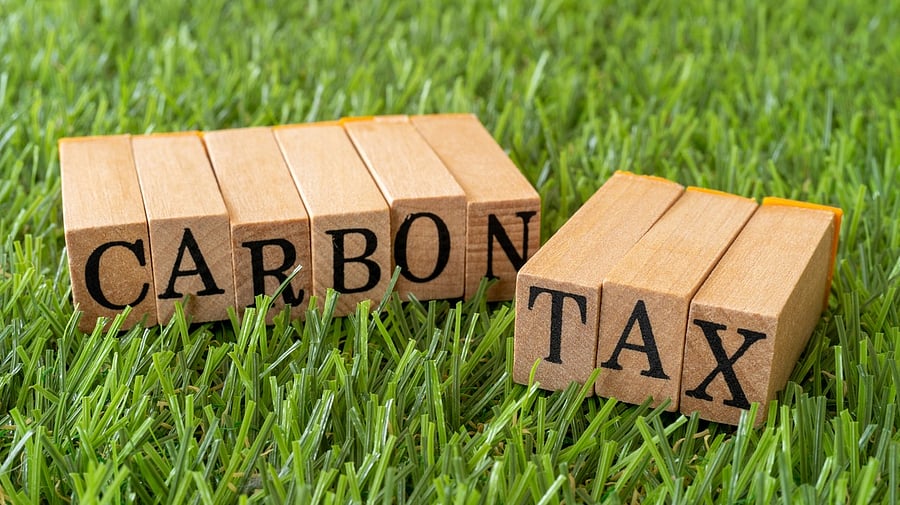
Image for representational purposes.
Credit: iStock Photo
New Delhi,: India was unable to secure an exemption from the UK's carbon tax in the free trade agreement, signed on Thursday, a move that will impact India's carbon-intensive exports to Britain, think tank GTRI said on Friday.
The UK government in December 2023 decided to implement its Carbon Border Adjustment Mechanism (CBAM) starting 2027.
By not securing a carve-out or exemption clause on CBAM (carbon border adjustment mechanism), India lost a vital opportunity to protect its carbon-intensive exports, the Global Trade Research Initiative (GTRI) Founder Ajay Srivastava said.
"From January 2027, the UK can impose carbon taxes on Indian steel and aluminum, even as we grant UK goods duty-free access. That's a serious asymmetry. Expect the same treatment in India's trade agreement with the EU," he said.
The GTRI in May stated that India's exports worth USD 775 million to the UK may be impacted due to Britain's decision to introduce a carbon tax on products such as iron and steel, aluminium, fertiliser, and cement, from 2027.
The UK, after the European Union (EU), will be the second economy to implement CBAM. The tax will initially focus on sectors like iron, steel, aluminum, fertiliser, hydrogen, ceramics, glass, and cement. This tax could range from 14-24 per cent.
India has earlier flagged serious concerns over this tax, terming it a trade barrier.
An official has said that New Delhi has preserved its right to retaliate or rebalance concessions, if future measures impact domestic exports.